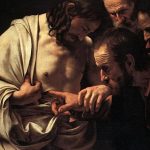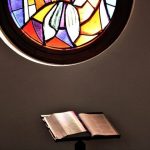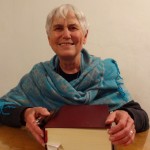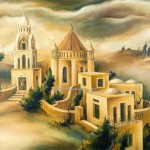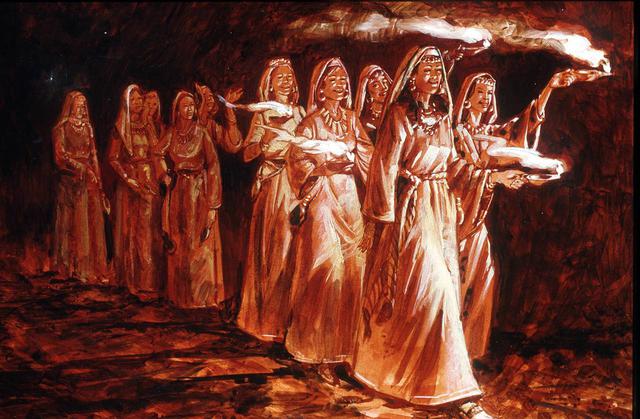
32nd Sunday in Ordinary Time (commentary).

We are celebrating the 32nd Sunday in Ordinary Time. The readings proposed by the Sunday liturgy are quite challenging and at the same time remain completely attached to the concrete reality.
The first reading is from the book of Wisdom 6: 12-16, followed by Psalm 62; the second reading is from Paul to the community of Thessaloniki (1 Ts 4: 13-18) and concludes with the Gospel of Matthew 25: 1-13.
The Book of Wisdom, as its name implies, gives us the parameters to live well. Life continues to advance, but it is guided from its past, from learning from previous generations. The human being is endowed with the capacity for evolution and creativity. Therefore the gains of the past must be present in the present moment. But the text does not want to be simply a human treatise, to be the carrier of an ephemeral Wisdom, which has only a human explanation. The Tradition of Israel saw in the content of this book the speaking voice of God. In some cases Wisdom can be understood as the Word (Torah), and in other cases it may be God Himself, who manifests Himself and who reveals His will: “Let it be found by those who seek it.” In fact this Wisdom, which has its source in God, is available to all and is destined for all, but it is demanding, it is necessary to be attentive, vigilant, it is necessary to seek it to obtain it.
Psalm 62 sings the constant seeking of God from the one who loves Him, who manifests as a thirst that keeps awake the one who believes. God is the center of life, it is the starting and finishing point: “Your love is worth more than life … all my life I will bless You … I seek You from the dawn and at night I remember You”. It is a constant concern, an existential concern.
The second reading of Paul to the community of Thessaloniki reflects the first steps of Paul’s message and in general the message of the followers of Jesus as the Son of God, dead and risen from the dead. Our text today reflects the issue of eschatology, the end times, and answers the question of those who come from the pagan world about what happens to those who die before the Parousia. Paul expresses a certain confidence in seeing the Parousia even before his death: “First those who are dead in Christ will rise and then we who are still alive …” In time Paul will understand that he will not see the Parousia, it will be for a time in the future, known only to God. In our account Paul comforts the community of Thessaloniki by stating that just as Jesus was killed and resurrected, so also those who believe in Him will rise again. Of course, this is a completely new teaching for those who come from paganism, so Paul demands fidelity to the teachings of Jesus because it is His example and following his example that the resurrection of the dead will be fulfilled.
Today’s Gospel (Mt 25: 1-13) asks us to use Wisdom. As in the first reading, we must be attentive, keep the constant search in the Lord. The parable is simple and direct, to teach us the obvious: to be attentive, but this simplicity is the program of life, the whole of life. Life is the time and space of preparation for the final banquet. We are all invited to the wedding banquet, but we must be able to participate. All texts converge to this required readiness. Seeking God is the condition to find Him. It is a responsibility of the person, everything is grace and gratuitous as long as there is an openness to God and there is a search. To have God’s thirst is the condition not to be taken by surprise, not to be surprised without enough oil or even sleeping, for the Kingdom of God is a constant movement, a permanent search.
I wish everyone a good Sunday and a good week.
by Br. Elio Passeto, NDS.

